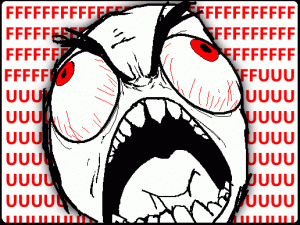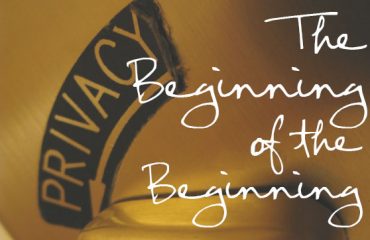
Internet censorship, privacy, data-mining… these are the issues faced by our generation.
Whether this is the Matrix or not, you have a choice in front of you:
Which pill are you going to take?
Perhaps you question how much privacy really matters. Maybe you don’t. In either case, if you do decide to take the red pill, there are a few things you should understand…
You do not own your data.
We live in a world that is constantly monitored. Emails, phone calls – even letters you send through the mail are routinely logged and filed away into some massive, far off database. There is no privacy policy. There is no ‘opt-out’. You simply have to deal with the fact that your privacy is not private.
The question beckons: who decided who was in control of your personal details? Was there a vote? Or did things just happen?
Let’s not argue that governments do not need information. In some capacity they do. There are laws to uphold. Threats do exist, just as they always have. The problem, mind you, is that there is no transparency to govern how that information is used. It is often taken and mishandled, not only by the powers that be, but by corporations who sell off every personal detail they can get their hands on.
To the highest bidder goes the spoils, I suppose.
Again I ask: who decided who was in control of your personal details?
What you do or say online can be used against you. Ideas are endemic to change, but if those ideas differ from the norm, most are never heard or are left to languish out of fear of reprisal. This has been the case more times than history can care to remember.
An excellent example of this, and one of the earliest, is the story of Galileo. For those of you who do not know the story, I will tell it to you.
Galileo Galilei was one of the most brilliant scientists of his time. His most historical writings challenged common belief. In his book Dialogue Concerning the Two Chief World Systems, he argued the Copernican worldview — that it was the Earth that circled the Sun, not the other way around. This system of thought clashed with the beliefs of the Catholic Church.
Galileo was ordered to say that he was wrong, that the Earth did not move. He was then placed under house arrest for the remainder of his life.
He was sentenced in 1633. His book remained on the Index of banned books until 1835. The Catholic Church officially admitted the error in 1979.
Putting The Pieces Together
While the preceding example was extremely notable in its historical context, the story repeats itself in many ways. We are creatures of habit. Our psychology immediately puts us on the defense when our ideology or beliefs are questioned. We tend to believe what we know to be “correct”, but in essence this is merely our own biased way of defining a world in which we have no control.
What has changed between then and now is the internet. We are more connected than ever before. Information moves at lightning speed. Where once books were banned and ideas suppressed, anyone can publish their thoughts for the world to see with the push of a button.
This is a powerful thing.

